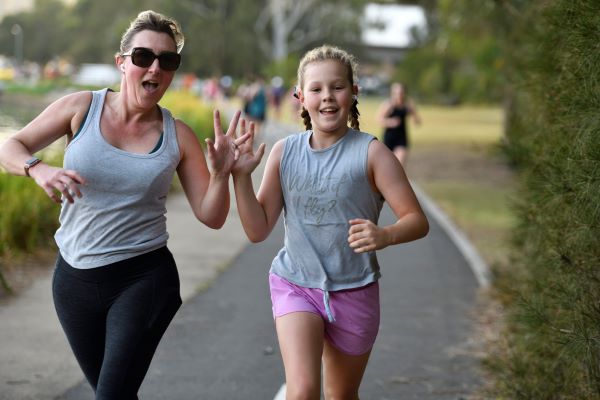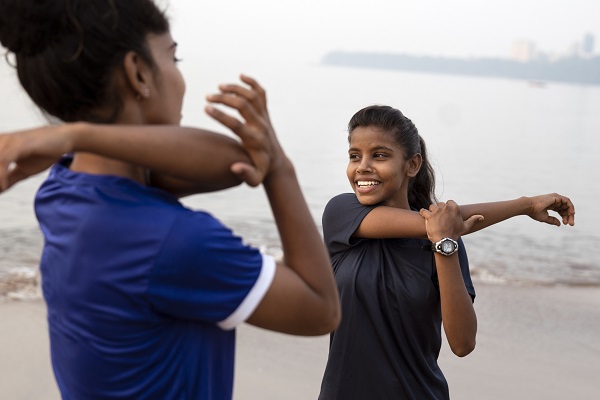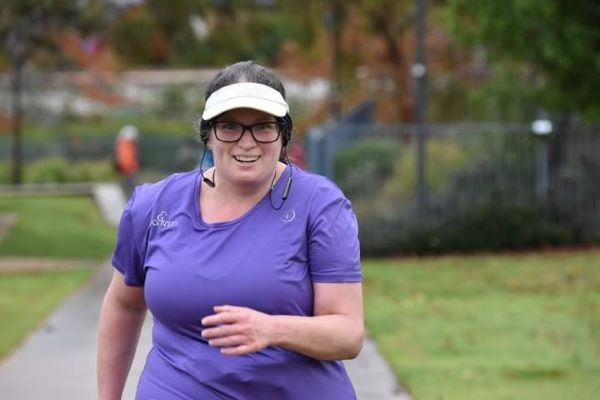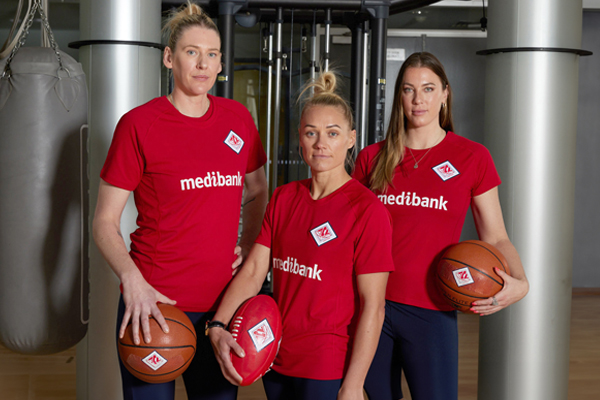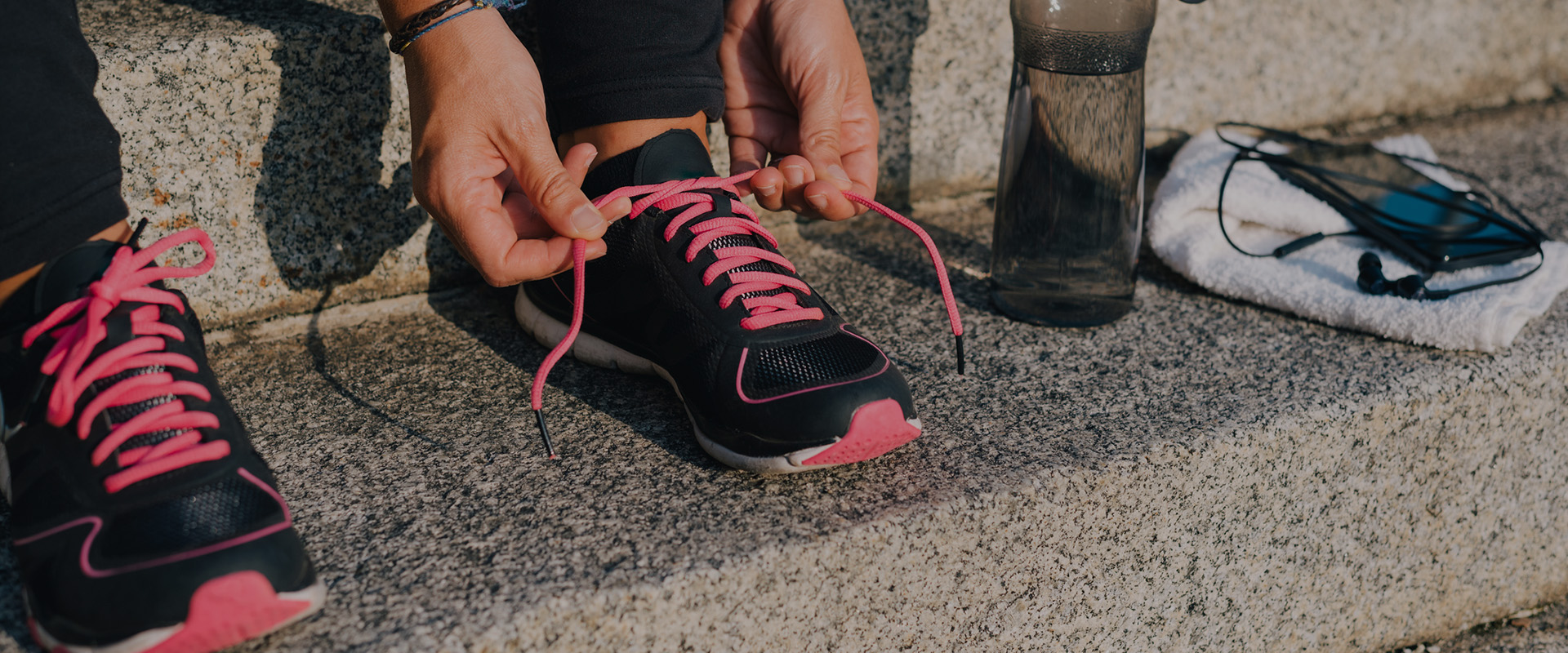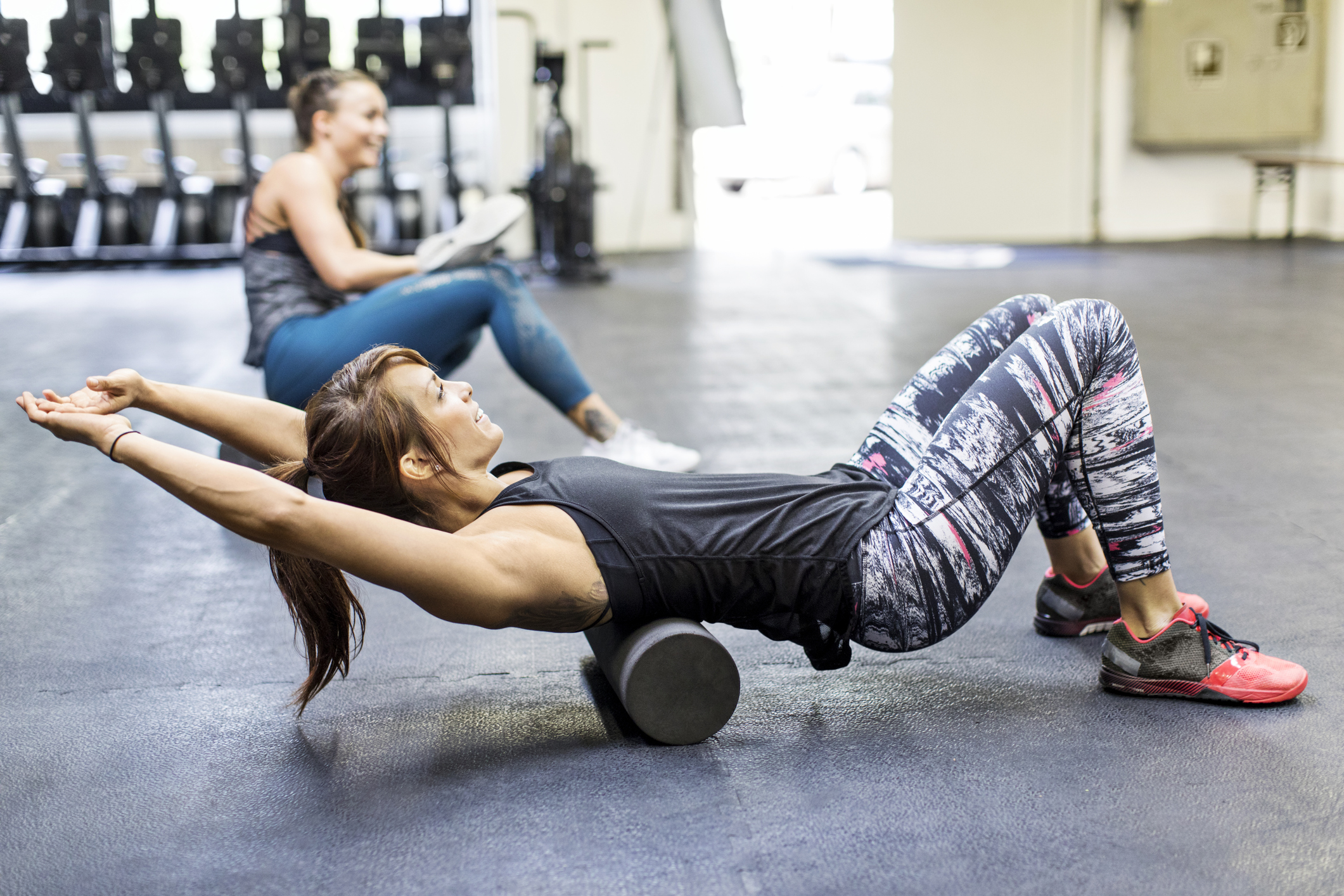-
Matt Cooper loves to discover, escape and let the mind roam free in the great outdoors. Whether he’s traversing Victoria’s Razorback Ridge, delving into the valleys of the Blue Mountains, or passing snowdrifts and cows with bells around their necks in Chamonix, France, as long as he's with nature, he's content.
As a trail runner, Matt spends a lot of time alone facing challenging hills, steep descents and all the while connecting with his surrounds. A great believer in the physical and mental benefits long stretches of exercise and an unbridled imagination can provide, Matt lets us in on why he’s passionate about trail running.
"When I hit the trail my whole body is engaged, in flow."
What do you love about trail running?
- Connection. Connection to nature, to yourself and to something that exists far greater then our physical existence. When I hit the trail my whole body is engaged, in flow.
- Exploration. I find the best places on this planet are those that can't be accessed by any other form of transport then your own two feet.
- Growth. If you truly want to learn about yourself, grow as a human being and become a leader in your own life, there is no better way than learning how to trail run.
What are the differences between road running and trail running?
The biggest difference I find between road and trail is the impact on our bodies. When you run on the road, tracks or treadmill, you have a tendency to stride using the same muscles and contact points with every step. When you run on the trail, you are constantly using different parts of your body to keep momentum and balance and you are not putting a constant strain on the same muscles/joints over and over again.
Do you need different equipment for trail running versus road running?
You need very little to begin trail running. Your body and water are about the essentials.
As you start to develop and want to run further distances, there is definitely some gear that will make your trail running adventures more enjoyable. Here are a couple of important items:
- Good quality trail shoes. These are different to road shoes in many ways. More foot protection, more tread underneath to help with traction on the dirt, mud, snow and a better ability to keep dirt out but let air in so your feet can breath whilst running.
- Hydration pack. This is used when you begin to explore longer trails where you actually need some extra gear such as water, food, headlight, first aid kit, rain jacket etc.
How does trail running contribute to health – both physically and mentally?
Physically, I believe it is without a doubt the most effective way of moving, using and learning about your body. It not only builds your aerobic capability, but also your endurance, coordination, balance, flexibility and rhythm.
Mentally, this is one of the greatest reasons why I continue to trail run. When you run on the trails, it is a time for escaping the 'thought-life' and actually living as a 'feeling' being – one where we actually live in the moment, in every step.
What food and drink do you need pre, during and post trail running events?
The biggest basis for all my nutrition, whether I’m racing or training, is water. Our bodies are made up of around 60% water so I make sure my diet it is at least the same. This means not only drinking water but eating foods that are high in water content such as fruit and vegetables.
Outside of eating foods rich in water and essential vitamins and nutrients, a little example of my diet if I know I’m running trails tomorrow might be:
- Plenty of water the day before.
- Something small and light before running, ie. half banana, juice.
- Water whilst running and if longer then a few hours, dried fruits.
- After running, more water and some good sources of protein and healthy fats, like eggs, fish, beans, avocado, almonds, any fruits, salads, vegies and, most importantly, piccolo lattes! Milk is a really great recovery drink.
The joys and challenges of trail running

-
Everything you need to know about parkrun
Been wondering what a parkrun looks like? Where do you go? What do you do? How do you sign up? Find out here.
-
Five ways to exercise when on a budget
You don’t need to spend money on gym memberships just to meet your fitness goals. Here are five free ways to stay healthy and active when you’re living on a budget.
-
How parkrun changed my life
Christie Farrow went from being an exercise-phobe to a true blue runner with parkrun.
-
Australia's top female athletes unite on ACL injury
Some of Australia's most talented athletes have joined forces to highlight the unique injury challenges women face.
-
How to create your perfect summer fitness plan
Be inspired by the sunshine and get moving
-
The essential foam rolling routine
Improve posture and flexibility with this essential foam rolling routine. Discover effective stretches to ease muscle tightness and enhance your daily movement.
Subscribe to receive the best from Live Better every week. Healthy recipes, exercise tips and activities, offers and promotions – everything to help you eat, move and feel better.
By clicking sign up I understand and agree to Medibank's privacy policy

